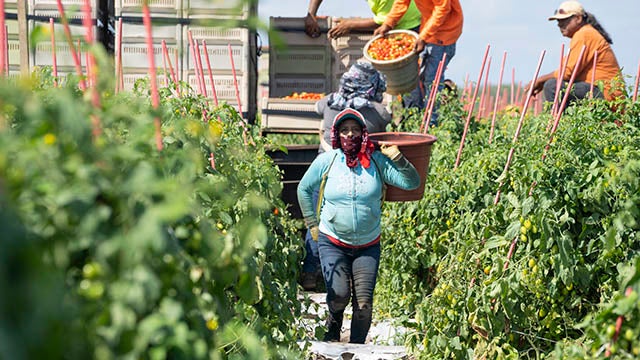The cumulative impact of poverty and inequality have a devastating impact on mental health. In addition, the effect of food insecurity and hunger on mental health can be searing and long lasting. According to The American Academy of Pediatrics, children experiencing hunger are more likely to experience chronic stress, anxiety, and depression, and hunger in adolescents is associated with higher rates of depressive disorders and suicide. The impact on parents is especially staggering: mothers with school-aged children who face severe hunger are 56.2% more likely to have PTSD, and are 53.1% more likely to have severe depression. Mental illness can make it difficult to navigate our nation’s already fragmented social safety net, trapping families in a vicious cycle of poverty and generational trauma. The economic and social upheaval caused by the recent pandemic has exacerbated the issue and has caused millions of new Americans to go hungry – leaving an indelible mark on the mental health of children and families
In this session, we will explore chronic stress, stigma, and the multi-faceted impacts of hunger on a person’s mental and emotional wellbeing. We’ll also examine how key investments in the social determinants of health could make it easier for people struggling with mental health challenges to access life-sustaining resources and help address the deeply-rooted traumas associated with the experience of food insecurity. We’ll also shine a light on the individuals and organizations who are changing the way we address poverty and inequality by taking a human-centered approach to ending hunger.
Featured Speakers
- Dr. Kofi Essel, Community Pediatrician and Assistant Professor of Pediatrics at Children’s National and The George Washington University School of Medicine and Health Sciences
- Dr. Cindy Leung, Nutrition Epidemiologist and Assistant Professor, Department of Nutritional Sciences, University of Michigan
- Ms. Susana Martinez, Chief Strategy Officer and National Director of the Latin American Youth Center

